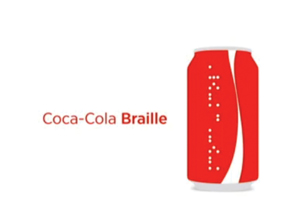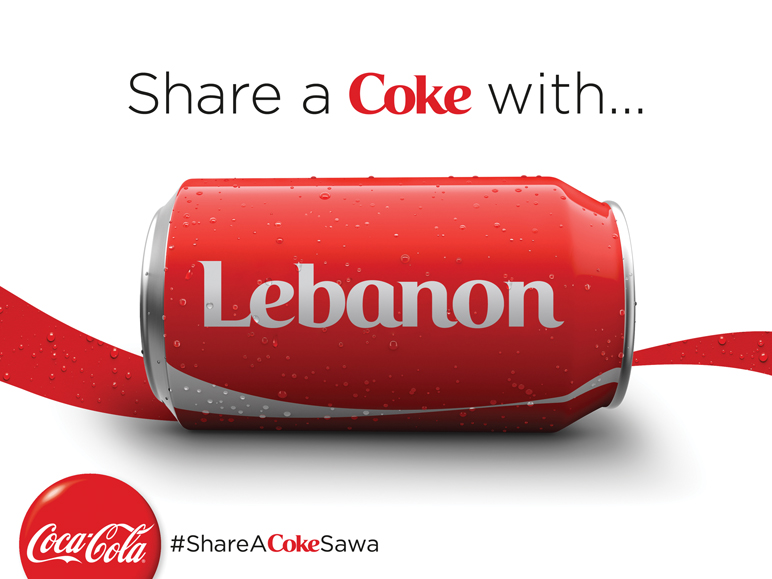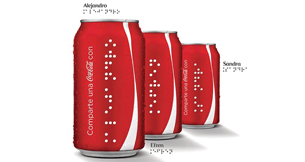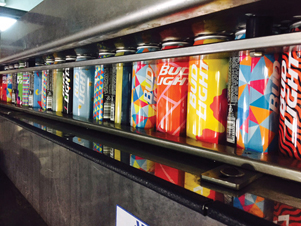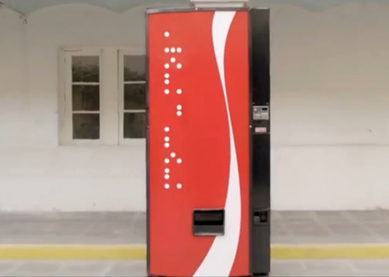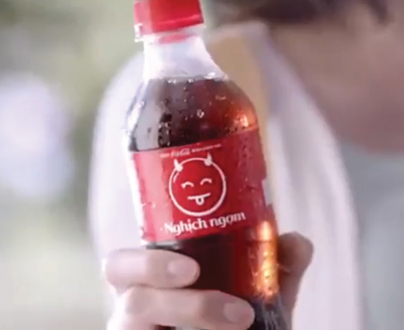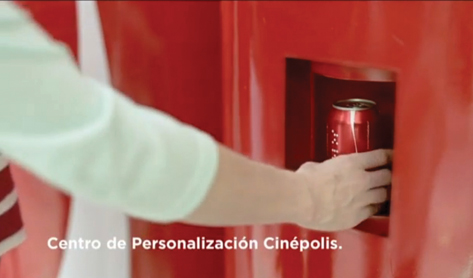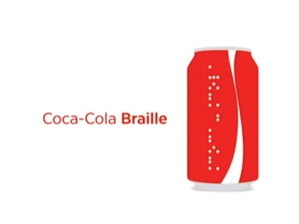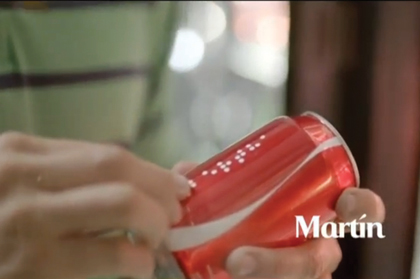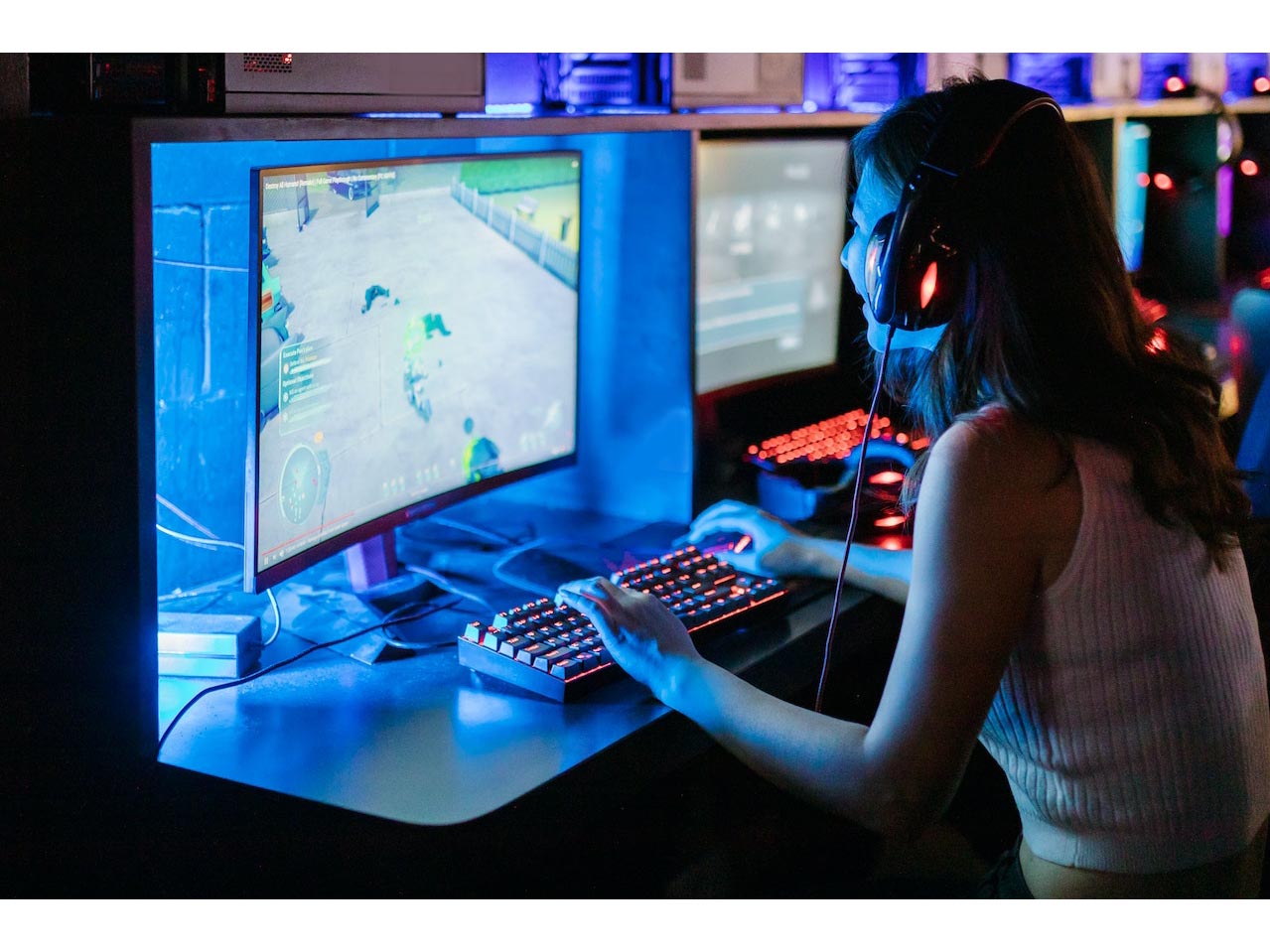Art & Design
Personalised Marketing on the Go
August 11, 2015

Bud Light Celebrating Music, Art & Culture
Bud Light is also getting in on the action with the creation of 200,000 different cans that sport 31 unique variations using vertical-printing technology from HP. The cans will be available to attendees of the Mad Decent Block Party, a series of traveling music festivals that take place across 18 cities in the U.S. and Canada and run through September. These limited edition cans celebrate the "music, culture and artistry" of the parties, which are owned by the Mad Decent record label founded by DJ Diplo.
The team created four custom cans while the 27 other designs were fashioned by various artists.
In an effort to offer a more personal experience, Bud Light, in partnership with HP, decided to drop its conventional
printing approach by employing HP’s Indigo digital-press technology using what is called the Smart Stream Mosaic algorithm. The algorithm tweaks each can design based on parameters set by Bud Light so that no two cans are exactly alike. It's the first time such technology was used in the U.S. market. Consumers are sure to get a thrill out of the individualised cans, as the #shareacoke experience about sharing names on the bottles successfully showed.
Share a Coke Manifold Twists
Since Coca-Cola debuted its "Share a Coke” campaign in Australia 2011 with personalized labels, it's put common first names
on bottles in a lot of other markets including Lebanon. As a result, sales are said to have doubled and even tripled. It certainly was an unquestionable success contributing to improving sales trends. Following up on that, the company, in 2014, saw a sales volume increase for the first time since 2000 according to Beverage Digest. The brand has also has been trying out various playful twists on the campaign.
In Mexico and Argentina, it, along with Mexican agency Anonimo, did something remarkable and leveled up the personalisation phenomena by putting people›s names on cans embossed with Braille text. Simultaneously, Buenos Aires agency Geometry Global developed a line of braille-embossed Coca-Cola bottles for Los Murciélagos, which are described as “the Argentinean national blind football team”. The inclusion of braille opened the longstanding campaign up to visually impaired consumers in the two countries, who use the feel of braille dots as a sensory language. This was a perfect offering from a brand that is thinking beyond the obvious to create noteworthy packaging executions for its consumers.
In Asia, the campaign, which started in Vietnam, called "Share a Feeling" has put emoticons on cans and bottles in Southeast region so people can share their feelings with friends. Droga5 Sydney developed the idea, while Isobar Singapore designed the emoticons and packaging labels.
In China, another inventive twist emerged that replaced the brand’s name usually found on the bottles sold with customised movie and TV quotes known to one and all. Most are from famous Chinese films, though some are from Hollywood. "Life is like a box of chocolates" from Forrest Gump is one such example. McCann, Isobar and Starcom worked on the campaign.
Due to its global success, this summer, the brand extended its "Share a Coke" communication campaign including more names and covering more package sizes and formats.
Topics
Recommended
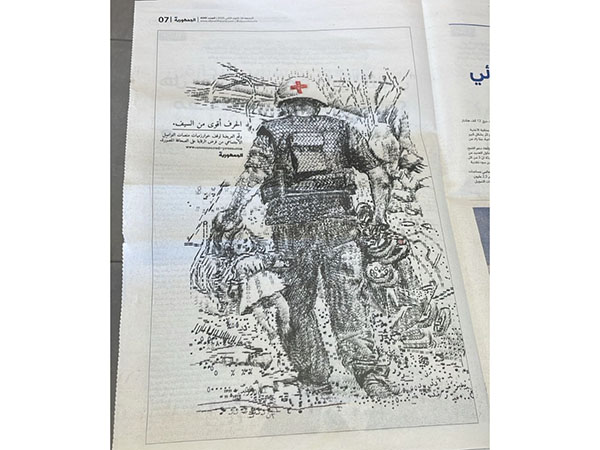
'Uncensored Press’: Overcoming algorithmic censorship to uncover war’s truth
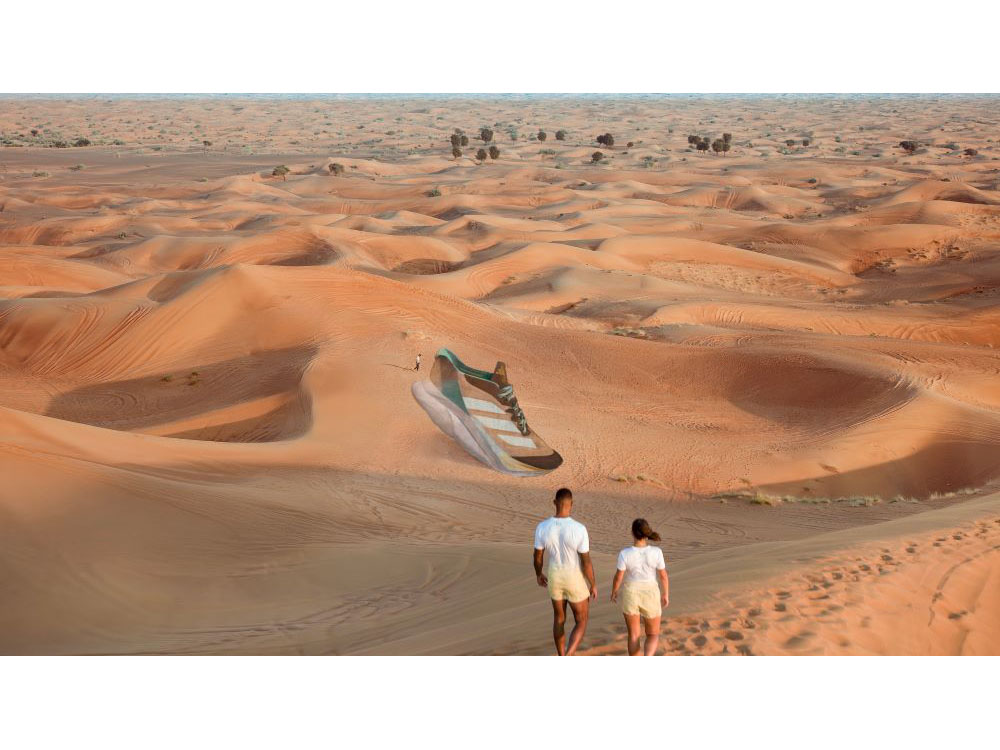
An exciting collaboration between adidas Arabia and earth artist David Popa brings together the power of art, nature and sports
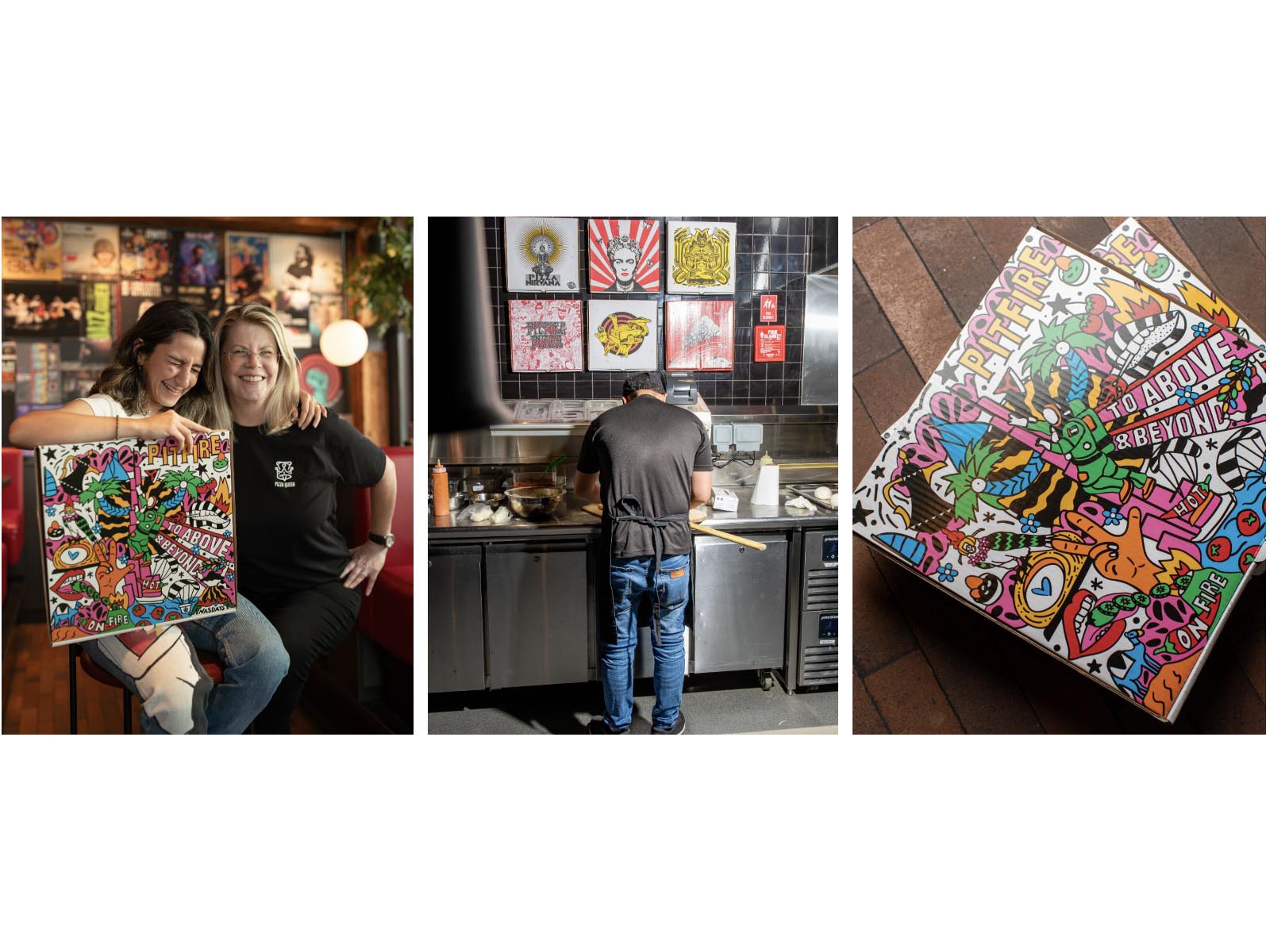
Pitfire’s Box Art Program: how a homegrown brand transformed its packaging into a creative platform to support local talent



